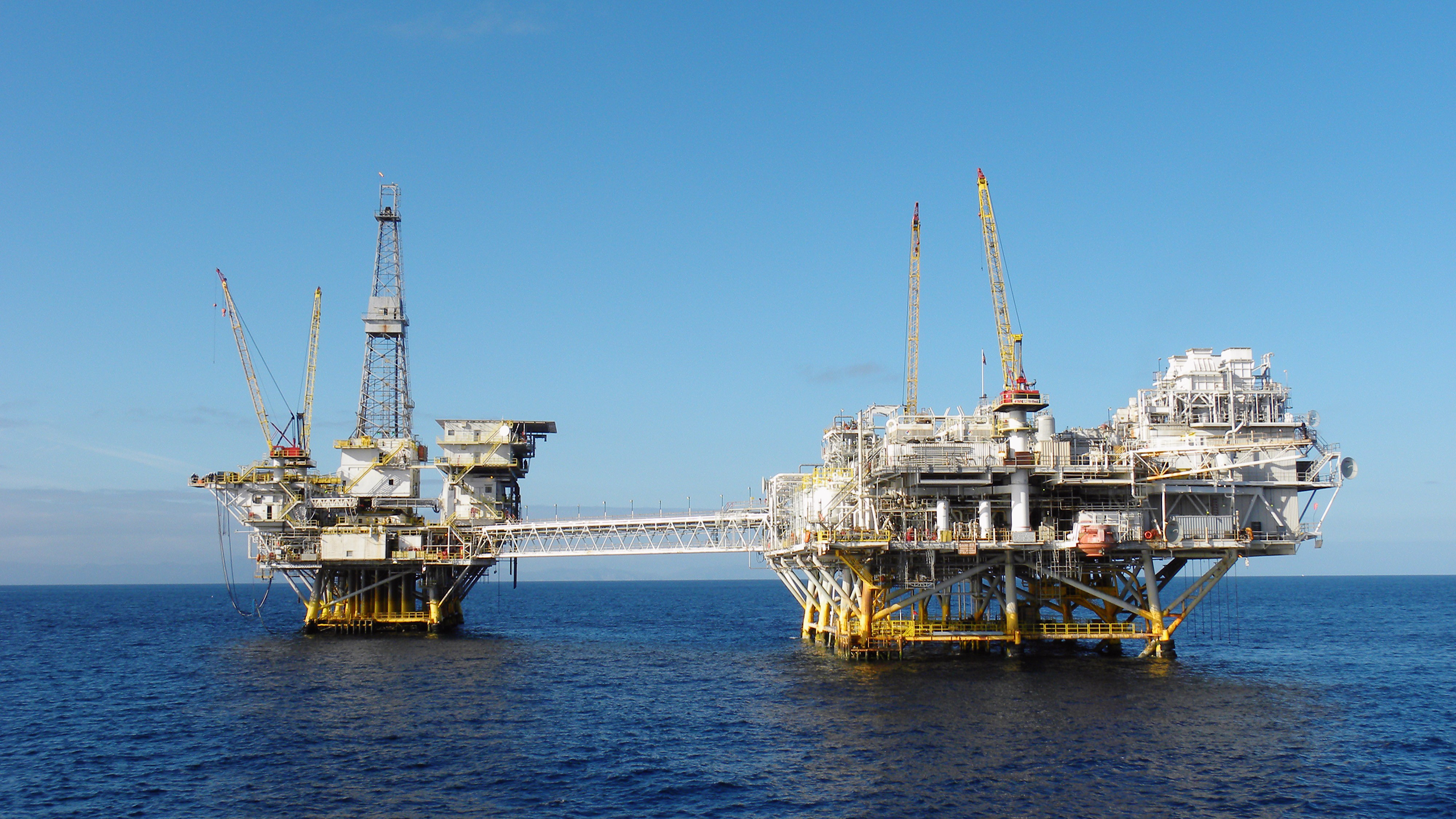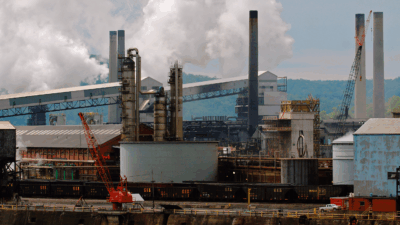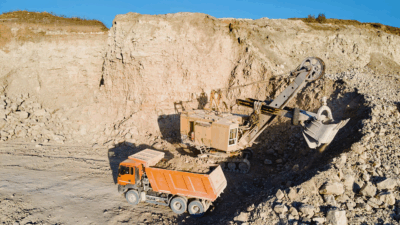Deep-Sea Oxygen Discovery is a Big Problem for Deep-Sea Mining
A recent study adds more ammunition to the idea that disturbing the sea floor via deep sea mining could do serious ecological damage.
Sign up for smart news, insights, and analysis on the biggest financial stories of the day.
Science could sink the deep-sea mining industry.
Last week, a study hit the headlines after scientists found evidence that lumps of precious metal on the deep ocean floor produce oxygen, essentially by acting like batteries fizzing in the saltwater. It was a surprising discovery and a dismaying result for the company that actually funded the research, a firm called The Metals Company (TMC) which is heavily invested in deep-sea mining.
Electric Blue Planet
Industrial deep-sea mining hasn’t really materialized yet, and it’s a source of diplomatic tension. There are potato-sized metallic nodules on the deep-sea floor that contain metals like cobalt and nickel that are great for building batteries — which makes them incredibly valuable to sectors that rely on batteries, like the electric vehicle industry. Some companies and countries are in favor of harvesting those nodules, but other countries have pushed back, saying we don’t yet know what kind of ecological damage it could do.
The results of the recent study add more ammunition to the idea that disturbing the sea floor could do serious damage — life in the sea needs oxygen, just like us landlubbers. TMC, an active proponent of deep-sea mining, funded the research but has publicly disavowed the study:
- TMC said the study’s methodology was flawed, saying some of the results were contaminated, and that other studies had found oxygen levels decreasing at similar sites on the seafloor.
- TMC also said the study had been rejected by some scientific journals before being published in Nature, which it accused of taking a “strong view against deep-sea mineral sourcing.” As evidence, TMC provided a hyperlink to a Google search for “Nature journal deep-sea mining.”
Dr. Helen Czerski, a physicist and oceanographer at University College London, told The Daily Upside that the study was “robust”, but is limited insofar as we don’t know how consistently the nodules might be producing oxygen. “It’s not clear, basically, how much of this happens and when and in what conditions,” she said, but added: “it seems clear that this deep oxygen is formed in significant quantities when it happens.”
Read This in David Attenborough’s Voice: Czerski said the paper’s findings are an example of just how unknown the deep ocean remains to science. “There are processes in the deep ocean that we didn’t know about. And we should be cautious,” she said.












